
Concerto Reimagined
Available On Demand until June 30
on A440.live
Free to Stream
(Suggested Donation: $10)
About
Kinetic closes its 2021-22 season with a concerto-filled program — but probably not the kind you have in mind! Featuring the world premiere of "Concerto/Five" by Houston-based composer Anthony Brandt (professor at Rice University; Artistic Director of Musiqa) alongside the rarely-performed "Concerto for Strings" by Hollywood film composer Miklós Rózsa, this program defies the boundaries of the traditional concerto genre and celebrates the virtuosity of the string orchestra as a whole.
— curated by Natalie Lin Douglas, violinist
Program
Felix Mendelssohn: String Sinfonia No. 13 in C Minor (1824-9)
Anthony Brandt: Concerto/Five (2022 — Premiere)
Miklós Rózsa: Concerto for Strings (1943)

Natalie Lin Douglas, violin
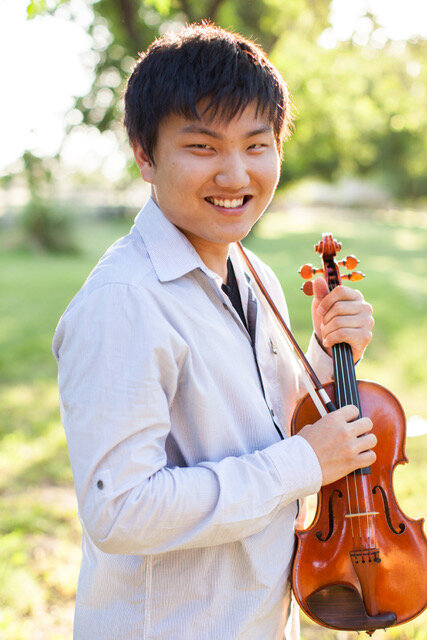
Samuel Park, violin

Jacob Schafer, violin

Heemin Choi, violin

Mary Grace Johnson, violin

Chandler Yu, violin
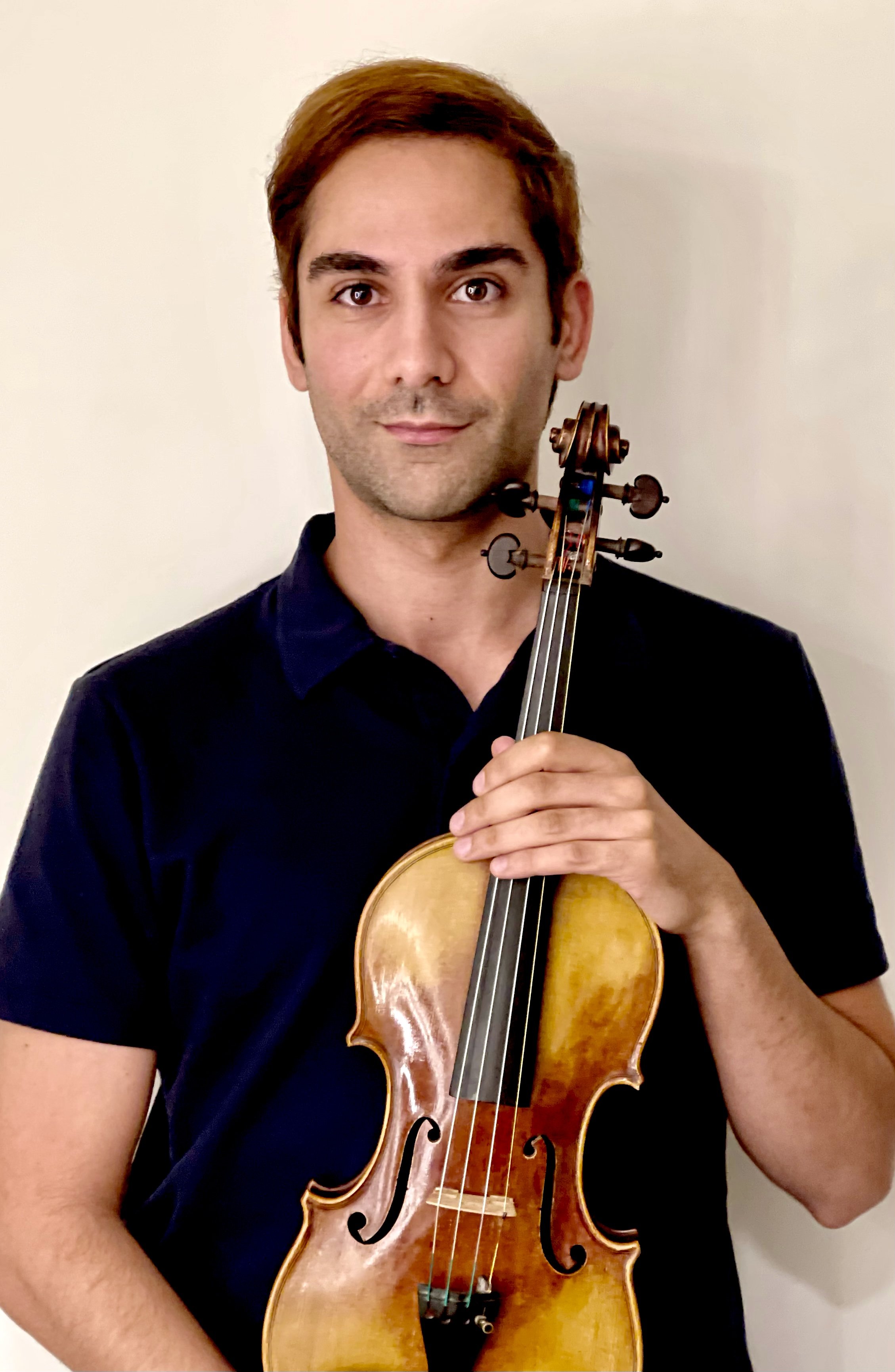
Kami Ghavi-Helm, violin
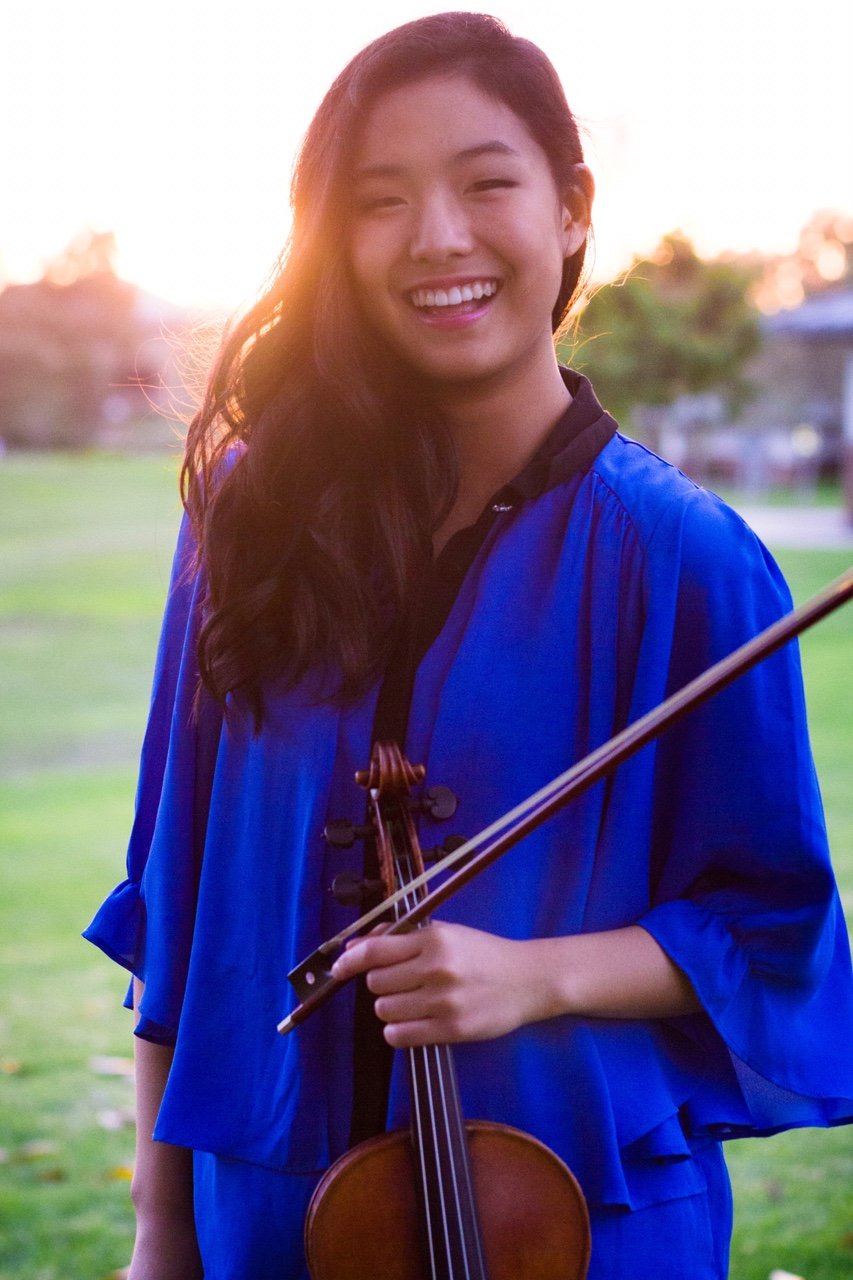
Cindy Ahn, violin
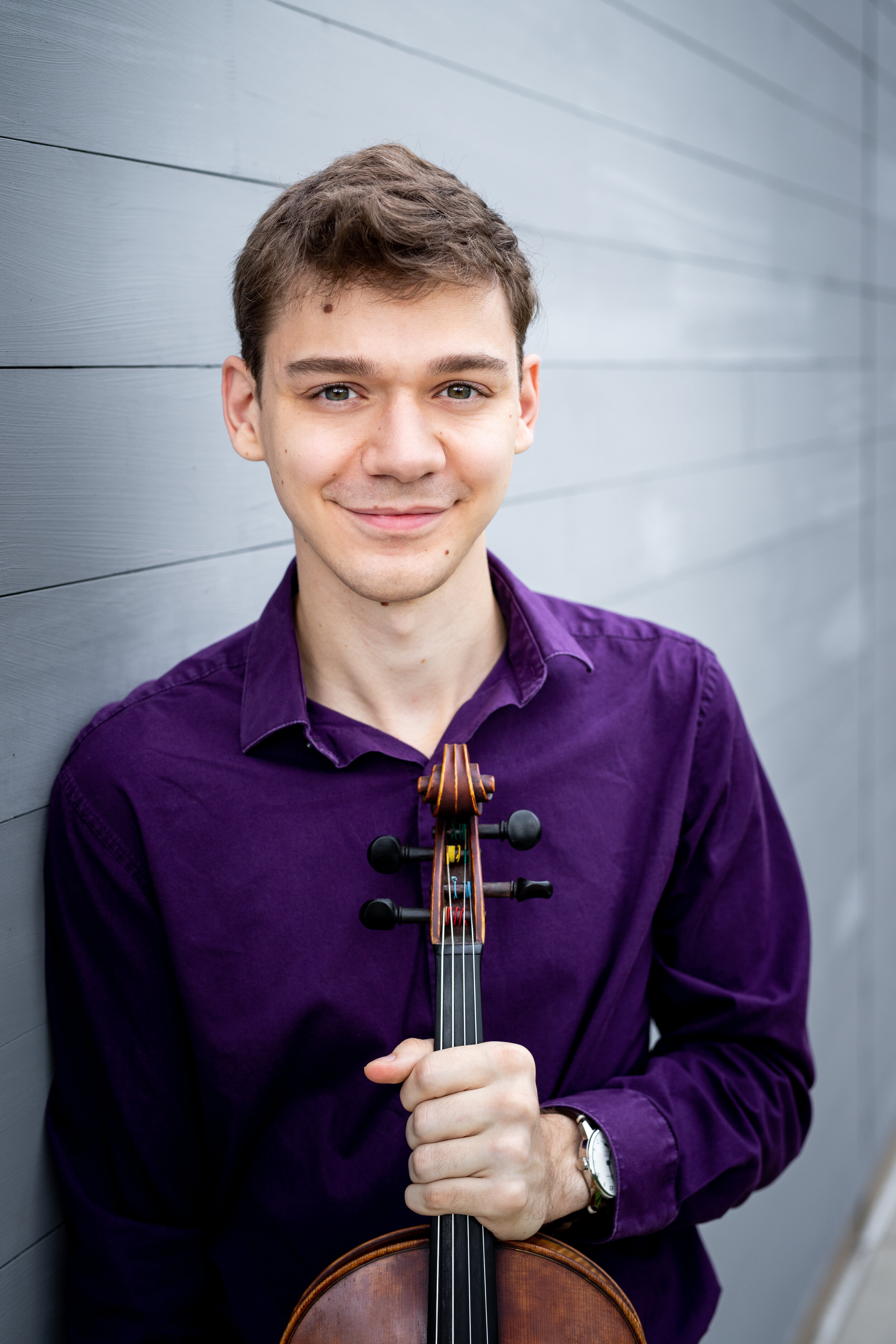
Sebastian Stefanovic, viola
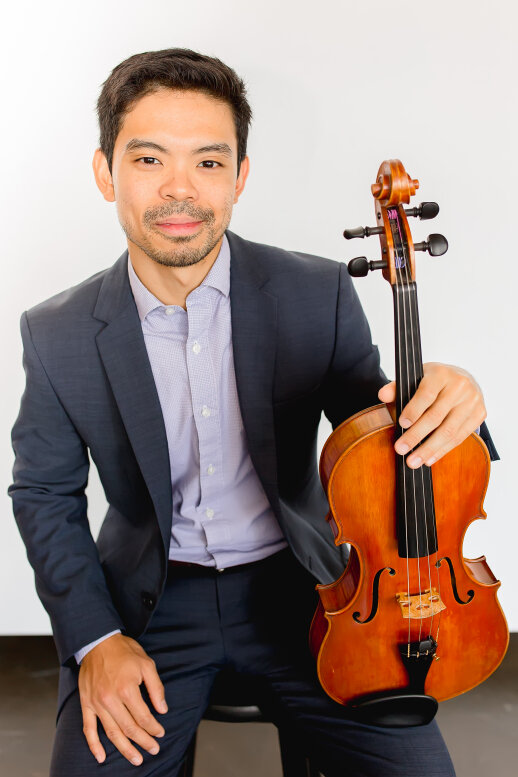
Sergein Yap, viola

Tonya Burton viola
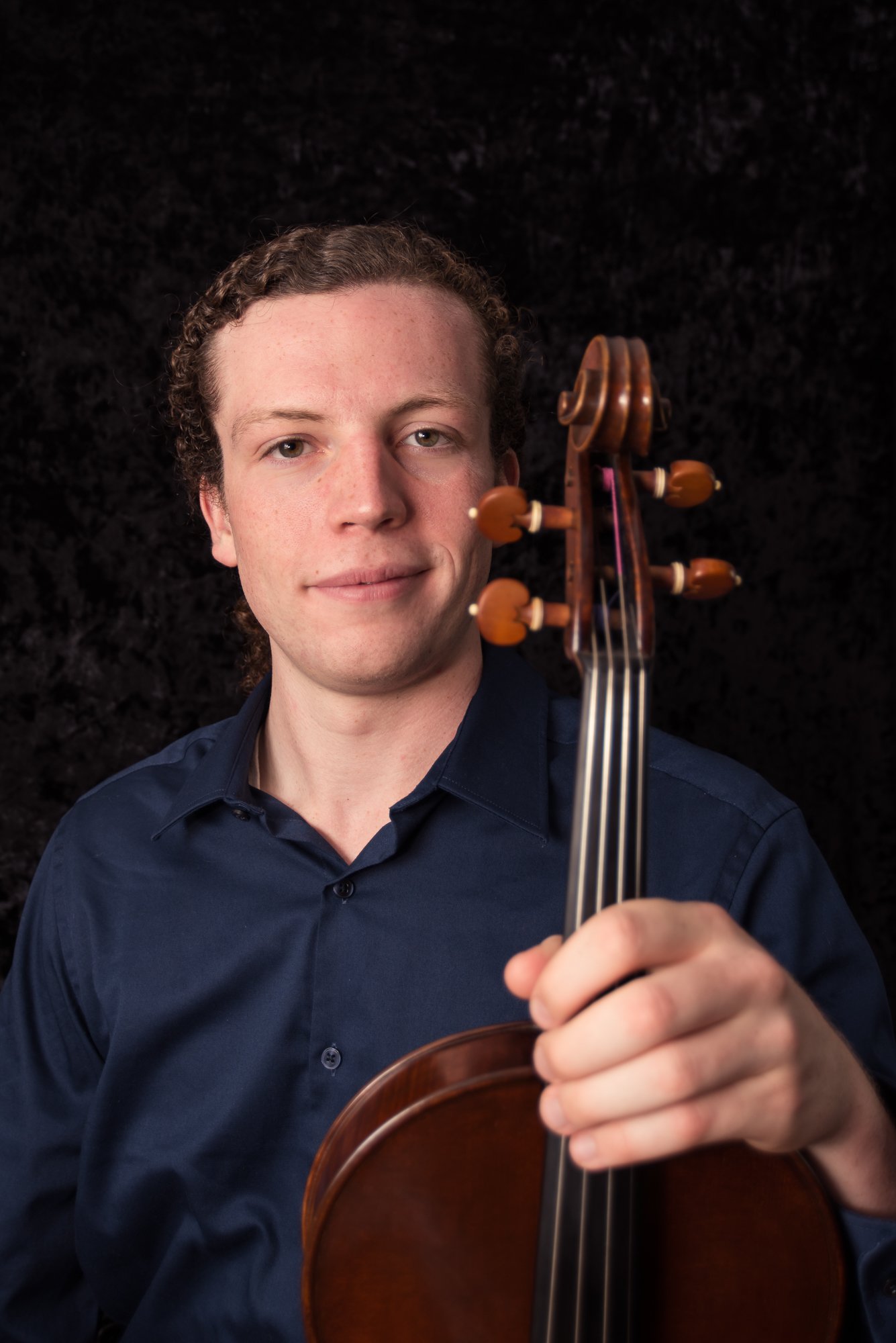
Nicholas Lindell, viola

David Olson, cello

Bree Ahern, cello

Ariana Nelson, cello

Patricia Ryan, cello

Ryan Avila, bass
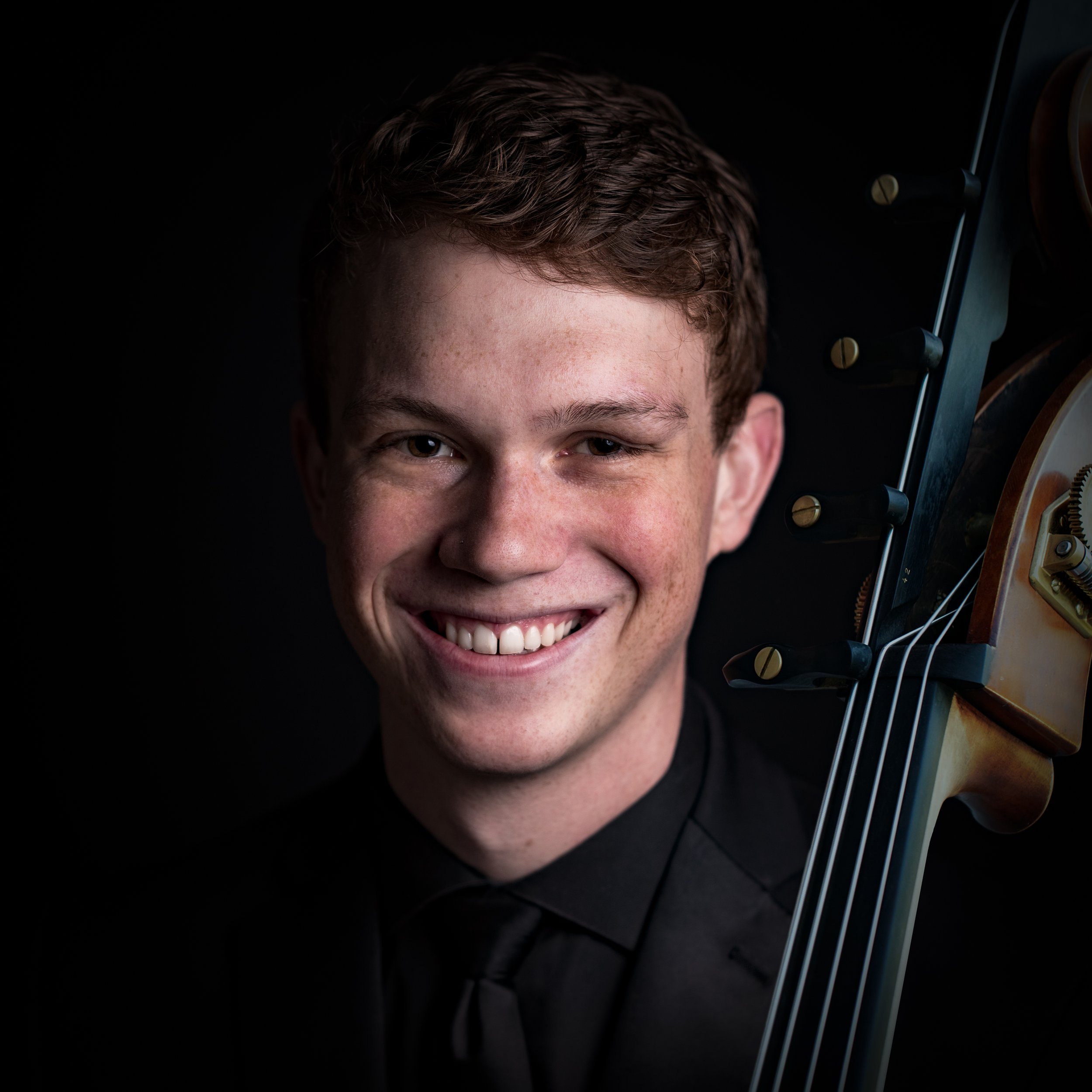
Jesse Fischer, bass
About the Music
Closing Kinetic’s 2021-2022 season is a concerto-filled program full of unexpected turns. Nowhere on tonight’s program does one star soloist take center stage, as one might expect on a conventional night out at the symphony. Rather, Concerto Reimagined celebrates the virtuosity of the string orchestra itself, and when solos are called for, they feature star players from within the ensemble.
Anthony Brandt’s Concerto/Five features no less than — you guessed it — five soloists from Kinetic, who each take turns for their moment to shine. A note from the composer is included below.
Hungarian composer Miklós Rózsa’s Concerto for String Orchestra (written in the same year as Béla Bartók’s far more widely performed Concerto for Orchestra) also puts the limelight squarely on the orchestra. In three movements, the work is rigorous, rhythmically driven, and full of Hungarian melodic and rhythmic idioms that we more often associate with the music of Bartók. But the work is not without tender moments: the second movement begins with a lonely viola melody, which then blossoms into an expansive lyricism as the orchestra joins in.
Known primarily for his successful Hollywood film scores (including Spellbound, Ben Hur, and A Double Life, for which he received Academy Awards), Rózsa wrote Concerto for String Orchestra in 1943 after his film scoring career was well under way, and the work’s muscular quality has even been compared to his film noir scores of the 1940’s, including Double Indemnity, The Killers, and Brute Force. Yet the Concerto for String Orchestra stands on its own as an enthralling concert work, truly deserving of center stage.
Preceding these two concertos is Felix Mendelssohn’s String Symphony No. 13 in C minor, a single-movement work that is also referred to as Symphoniesatz, which serves as our overture for this evening. Symphoniesatz is the last of thirteen string symphonies Mendelssohn wrote between the ages of 12 and 14; their brilliance has been largely overshadowed by his later, lengthier symphonies scored for full orchestra. The work opens with an unmistakable French overture, brimming with snappy, double-dotted rhythms, which then gives way to a feisty fugue. (Astute listeners might hear echoes of the French Overture return later in the program, at the beginning of Rózsa’s Concerto for String Orchestra — now in fugal form.)
–Natalie Lin Douglas
“Concerto/Five divides the soloist’s role among the string orchestra’s five principal players: second violin, viola, cello—and—in the finale, double bass and first violin. Rather than the Romantic concerti of the 19th century, the work more strongly harkens back to Baroque Concerti Grossi and Bach’s Brandenburg Concerti, in which different players step forward and then rejoin the ensemble. Like these Baroque models, musical cycles in smaller and larger loops--here sometimes merging or in conflict. This culminates in the last movement, which revisits the first movement and eventually incorporates fragments from all of the others. Concerto/Five was written for the virtuosic players of Kinetic.”
–Anthony Brandt
Featured Composer
Composer Anthony Brandt’s catalogue includes three chamber operas, as well as orchestral, chamber, vocal, theater, dance, and television scores. Recordings of his music are available on the Albany, Crystal, and Navona labels. As co-founder and Artistic Director of the Houston-based new music ensemble Musiqa, Dr. Brandt has produced performances of the music of over two hundred living composers, including over seventy world premieres. Dr. Brandt and neuroscientist David Eagleman have co-authored The Runaway Species: How Human Creativity Remakes the World, published in fourteen countries. Dr. Brandt has written extensively about music cognition and creativity, and is a co-investigator in several research studies. He is a Professor of Composition and Theory at Rice University’s Shepherd School of Music.
Anthony Brandt, Composer

